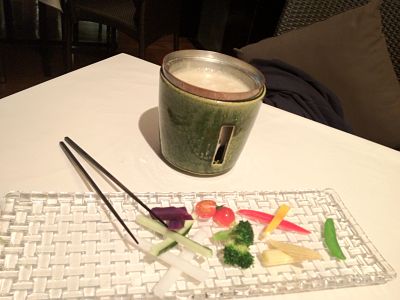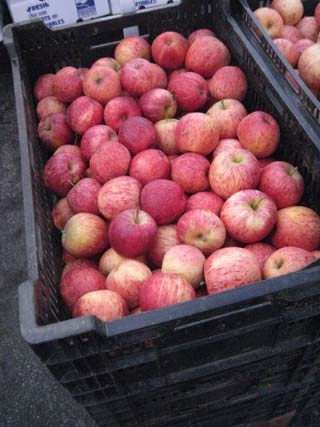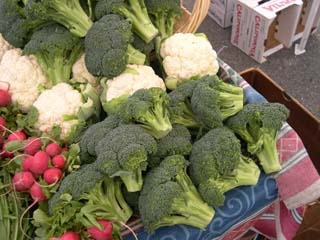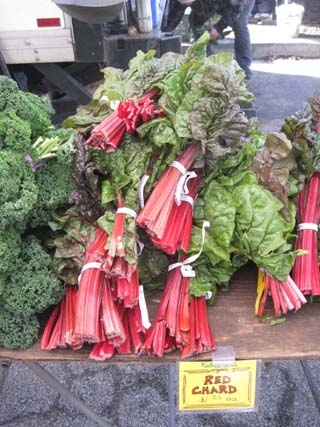 By eating until you are 80% full you just may outlive your peers, and as an added bonus, you will likely feel more energetic, and delay the signs of aging like wrinkles, hair loss and mental decline. You may also significantly lower your risk of heart disease, diabetes, high blood pressure, arthritis, and cancer.
By eating until you are 80% full you just may outlive your peers, and as an added bonus, you will likely feel more energetic, and delay the signs of aging like wrinkles, hair loss and mental decline. You may also significantly lower your risk of heart disease, diabetes, high blood pressure, arthritis, and cancer.
The first studies done at Cornell University in the 1930’s showed a link between eating fewer calories and longevity and today more than 2000 studies have been conducted that consistently show the same. As a rule, a 30 percent reduction in caloric intake corresponded to at least a 30 percent increase in life span in these animal studies. In Okinawa, Japan, residents of the island boast over three times the number of centenarians as their counterparts on the Japanese mainland. This population of long-lived robust Japanese support the theory that restricting caloric intake will also slow the aging process in humans.
The Okinawans consume about 30 percent fewer calories than other Japanese and they not only live longer, they have significantly lower rates of chronic disease such as cancer, heart disease, diabetes, high blood pressure, arthritis, and in addition lower rates of cognitive decline compared with other Japanese. So what can you do? Do as the Okinawans do in the cultural calorie counting habit of Hari Hachi Bu, the practice of stopping eating when you are 80 percent full. This strategy works as a good way to lose extra weight and maintain a healthy base weight as it takes the stomachs stretch receptors about 20 minutes to tell the body how full it really is, and about 20 minutes after eating you will feel full.
Eat a whole food diet that is plant-based. Chose to eat more nutritionally dense calories in the form of fresh organic fruit, vegetables, dark leafy greens, sprouted nuts, seeds, grains and fermented foods. The rewards of making this simple change are immense, including renewed feeling of vitality, the slowing of the aging process, and the postponement or prevention of chronic disease.











